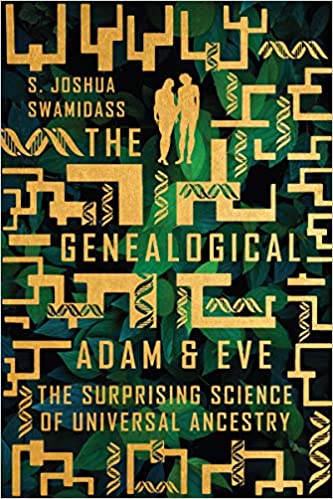Q. One of the more interesting parts of your scientific discussion is the mention that scientists are not clear about how to define human. By “human,” scientists might mean anything from ancient homo sapiens to the homo genus. And these definitions may not line up well with how philosophers and theologians think about human. Explain for my audience what difference this sort of discussion makes and why it is important. A. There is a great deal of uncertainty in... Read more








